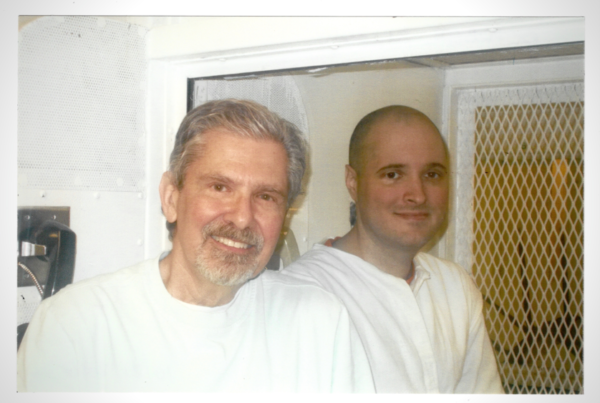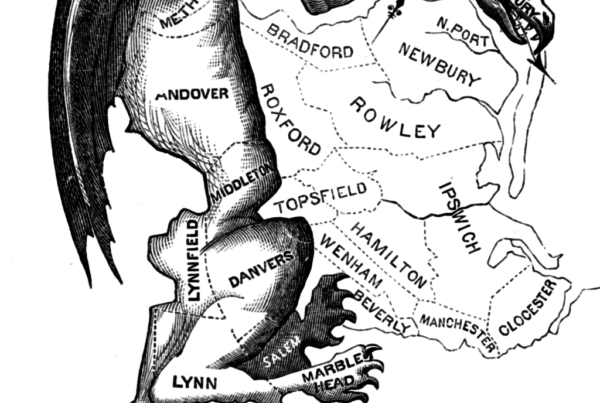East Texas native and country singer Lee Ann Womack grew up listening to her dad’s Bob Wills and Ray Price records. Her country roots run deep but she might be best known for a crossover pop song “I Hope You Dance.”
That was nearly twenty years ago. It’s considered her signature song. But since then, she’s won dozens of accolades, including a Grammy. And she’s kept recording – including with fellow Texan Willie Nelson.
Womack’s latest album is more emotional and unpolished. And she says making it was “the way music should be made.” And in a way, it also signals her return to Texas. It’s called “The Lonely, The Lonesome & The Gone.”
Womack says she loves sad songs. And her new album is full of them.
“A sad song makes me happy,” she says. “I don’t really understand why. I tell people the lonely, the lonesome, and the gone, those people are the ones I sing for.”
She’s also singing for people like herself who miss a style of country music that Nashville no longer makes.
“The commercial music business in Nashville quit making country records a long time ago,” Womack says. “You make a country record and people go ‘what is this?'”
On her new album, Womack steps away from commercial country in another way, too. “The Lonely, The Lonesome & The Gone” isn’t as slickly produced as her past records, or those Nashville is making right now. And Womack knows she gets to do that because of her longevity in the business.
“I feel like I’ve earned it,” she says. “I don’t have to fix a lot of things, and sound or look perfect… I think I’ve earned the right to just be me.”
To make this album, Womack also left the physical confines of Music City to record in Houston. It brought her closer to an inspiration of hers, George Jones, whose song, “Take the Devil out of Me ” Womack covers.
“I don’t know why as a little girl I was so drawn to him,” Womack says of Jones. “Some voices affect my physically. When I hear them, there’s a shift in the way I feel physically. And he’s one of those voices.”
Womack recorded the song in the same room where Jones recorded his version.
Like so many other women these days, Womack has given some thought recently to how gender has figured in her career.
“My parents raised me to think I could do anything. They never talked about being female versus being male,” Womack says. “I never really considered how tough it might be… You just get pushed down over and over and over again until you look back 20 years later and you say ‘how much inroads have we really made for women in the business?’ It’s a little painful and a little disgusting at times.”
Womack says her own struggles haven’t kept her from supporting her daughters’ musical ambitions.
“I’m happiest when I’m making music,” Womack says “…and that’s what I want for them.”
Written by Shelly Brisbin.














